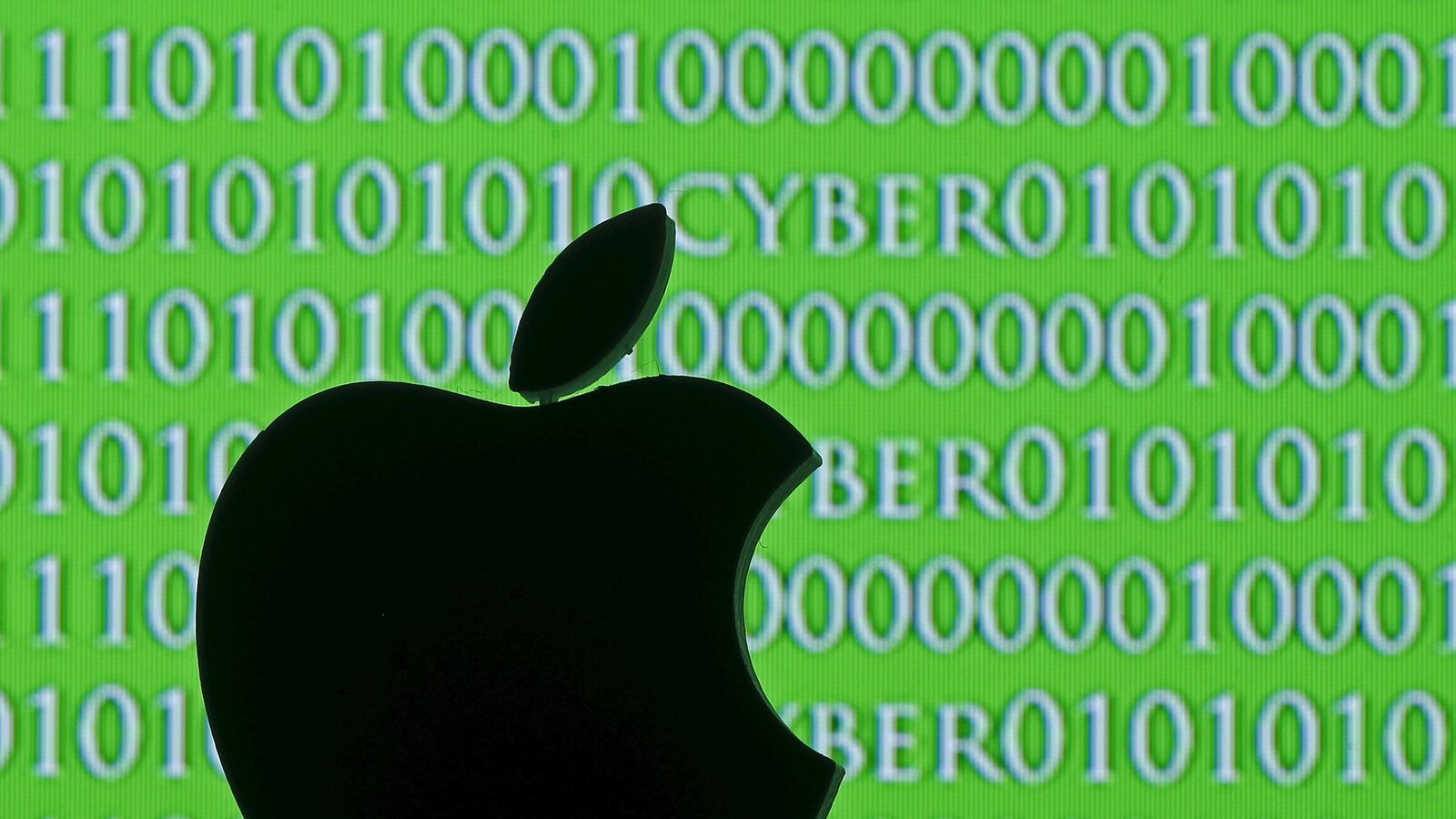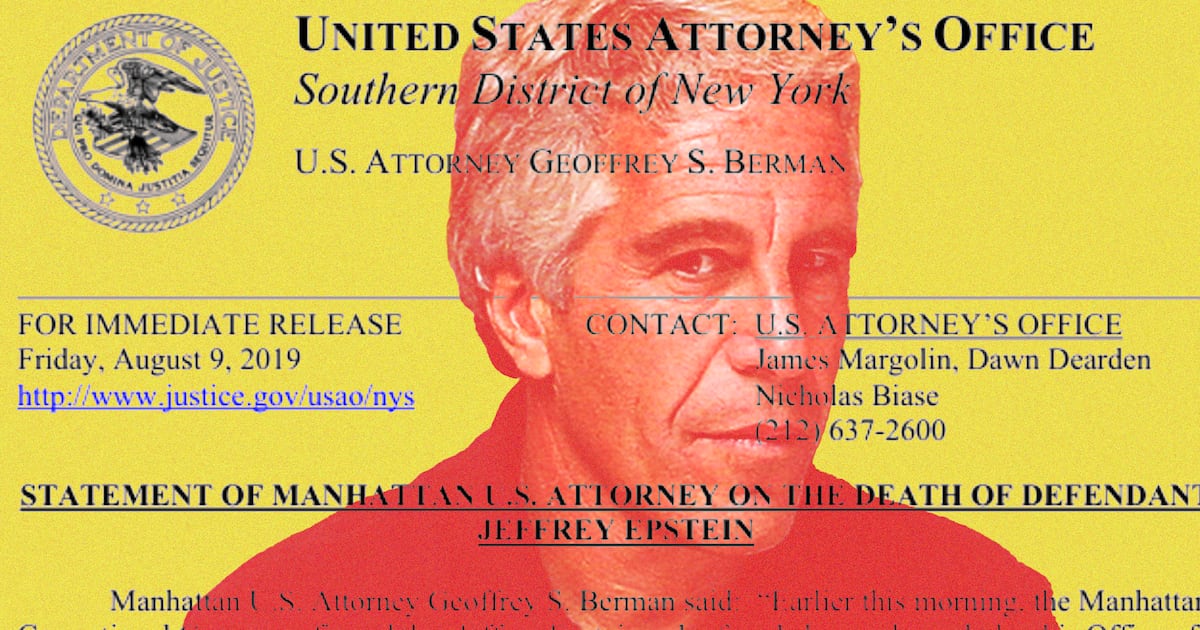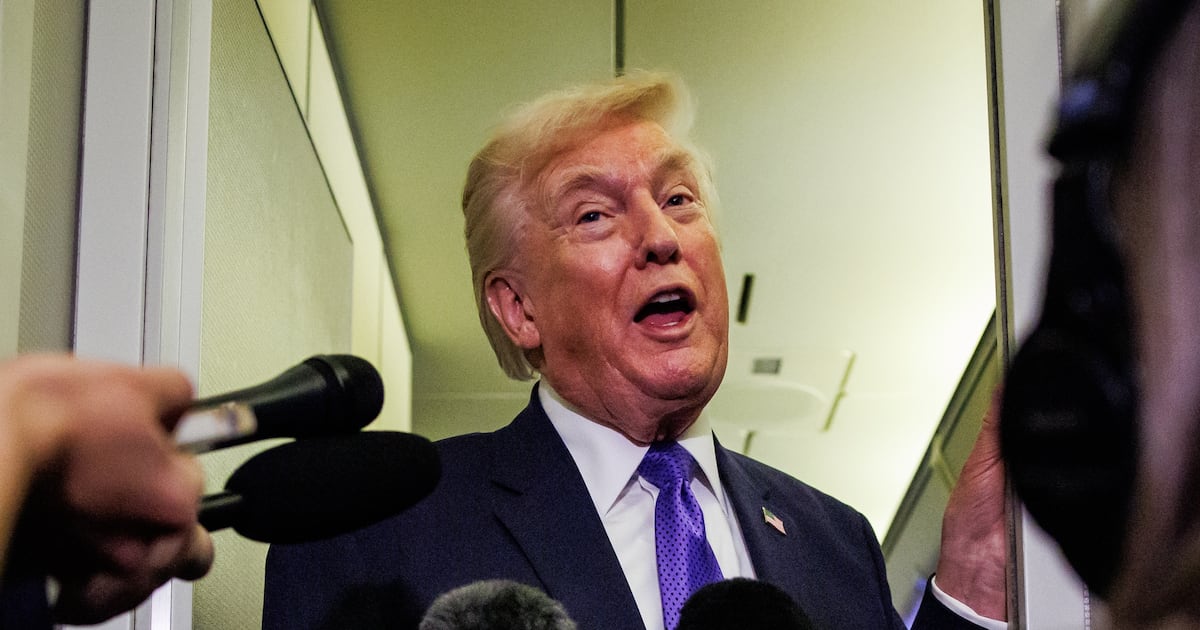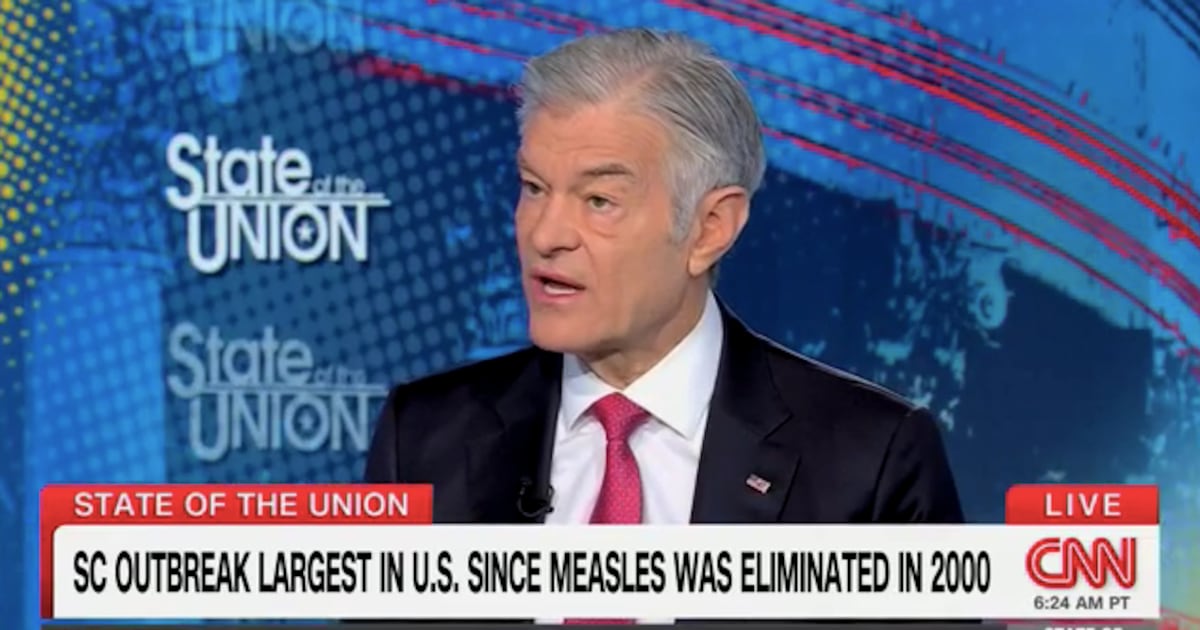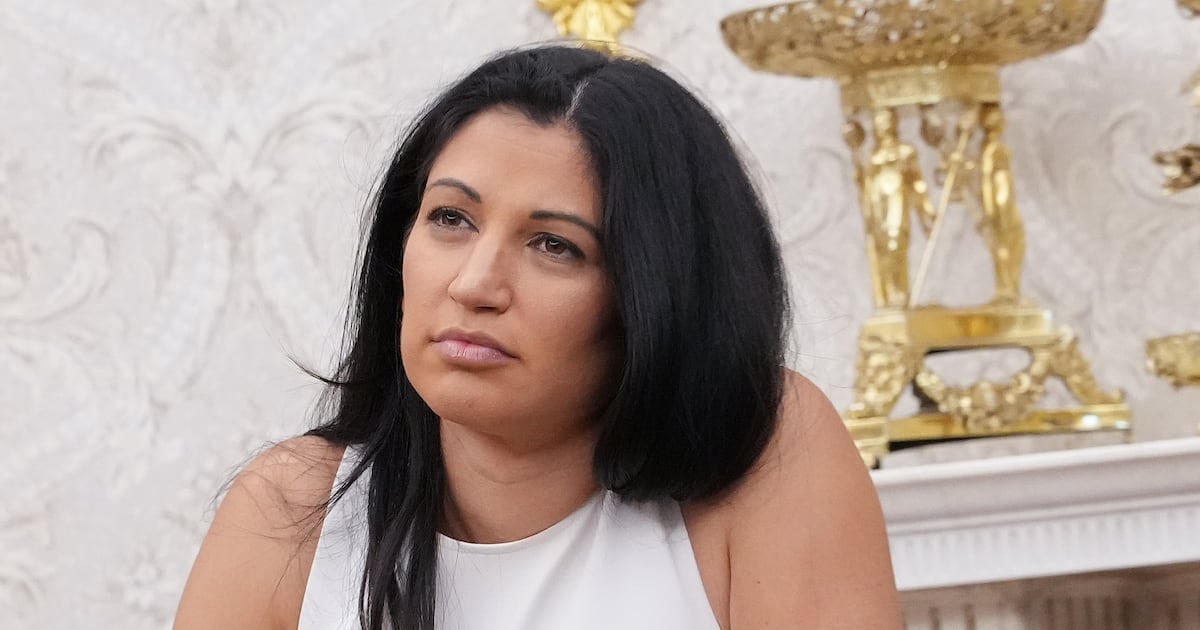The fight between Apple and the FBI over access to iPhones is far from over.
On Friday, the Justice Department announced that it will press forward with a warrant application that would force Apple to help extract information from a locked iPhone in a criminal case in New York. Until now, it wasn’t clear if the government would use the method that unlocked a San Bernardino terrorist’s phone, but U.S. law enforcement officials say it won’t work in the New York case.
In theory, the FBI might be able to hack into the New York phone without Apple’s assistance, or hire someone to do it. But officials say that Apple should be forced to help investigators, as it has in previous cases.
The government’s decision to press ahead in court in New York is sure to set off another tense round of battle between Apple and the FBI over the limits of government surveillance and individual privacy.
In the San Bernardino case, a third party from outside government, whom officials have yet to name, came forward with a solution to the FBI’s inability to bypass a passcode lock and get information from the phone used by Syed Rizwan Farooq, who along with his wife murdered 14 people at a community center in November.
That mysterious method will not be brought to New York, lawyers affirmed Friday when they notified a U.S. District Court judge that they have no intention of modifying their existing application for a search warrant forcing Apple to assist investigators.
The San Bernardino case received greater public attention owing to its connection to the deadliest act of terrorism on U.S. soil since 9/11, but the New York case is now poised to see intense legal arguments that the other case never fully took up, arguments that go to the heart of the debate over whether companies can be forced to cooperate with government searches of electronic information, and how much control individuals should have over their digital privacy.
FBI Director James Comey, speaking at Kenyon College in Ohio on Wednesday, said that the FBI purchased the method used on the San Bernardino phone and is guarding it carefully, but that it only works on a “narrow slice of phones.”
A law enforcement official, speaking to reporters Friday on condition of anonymity, declined to say whether the FBI had sought assistance from an outside party in the New York case, as had happened with the San Bernardino phone.
The official said the issue was irrelevant because “we do know of an outside party” that has a tool to get data off the phone, “and that party is Apple.”
Apple doesn’t deny that it could extract information from the New York phone, which is a model 5s running version 7 of the iPhone operating system and that was used by a now-confessed methamphetamine dealer. Indeed, the company has unlocked that model of phone at least 70 times in the past, according to a Justice Department estimate that the company doesn’t dispute.
But now, Apple dug in its heels and is opposing the government’s use of the All Writs Act, which is meant to ensure that the government can carry out a search pursuant to a duly authorized warrant. Apple argues the fact that it can extract information from the phone shouldn’t obligate it to do so. In court filings, the company has pointed to another law, passed in the mid-1990s, that specifically exempts certain companies from having to engineer their products in such a way that they can be accessed by law enforcement.
The standoff in New York is important, as well, because Apple has told the judge that if the government claims the San Bernardino solution will not work in this case, “Apple will seek to test that claim, as well as any claims by the government that other methods cannot be used.”
Apple seemed to back down from that promise, however, when lawyers told reporters on Friday that the company would not sue the government to disclose the method. The company believes that the method will turn out to have a “short shelf life,” and that any flaw the government has discovered that enabled it to hack the phone will eventually be remedied.
It’s not clear that the government has any intention of telling Apple how it broke into its supposedly secure device, though Apple wants to know so that it can protect against future incursions, by law enforcement or criminal hackers.
The law enforcement official said it was “premature at this point to be speculating...on what disclosures we may or may not make to Apple.”
Comey, the FBI director, said officials hadn’t yet made up their minds on that question.
“We’re having discussions within the government about, OK, so should we tell Apple what the flaw is that was found,” Comey said, alluding to something about the phone that allowed investigators to hack it. “That’s an interesting conversation, because we tell Apple, they’re going to fix it, and then we’re back where we started from,” Comey said.
“As silly as that may sound, we may end up there, we just haven’t decided yet.”

